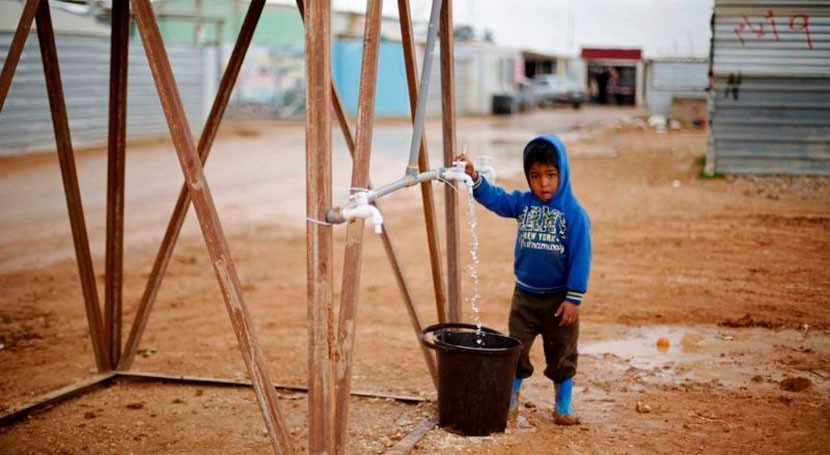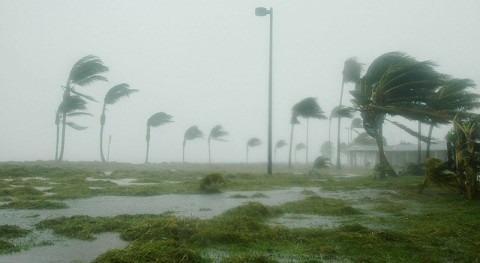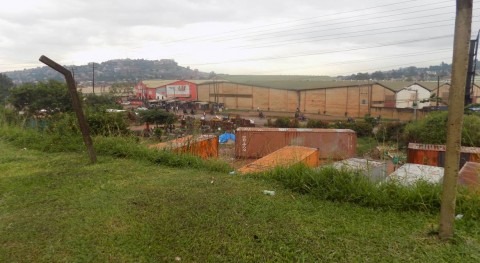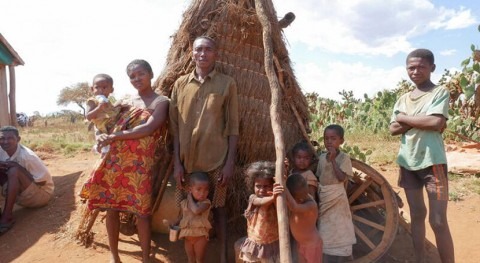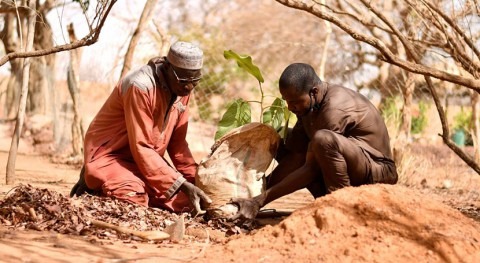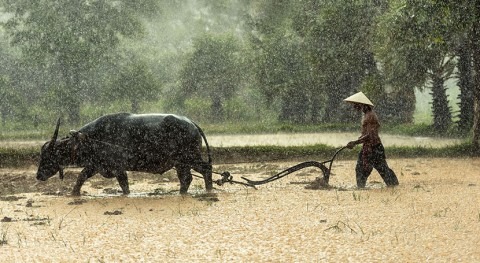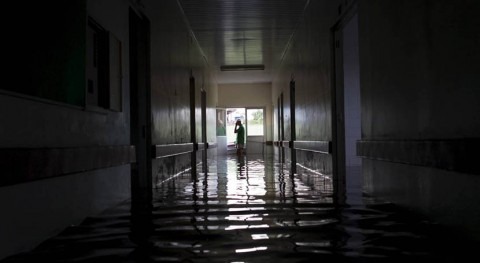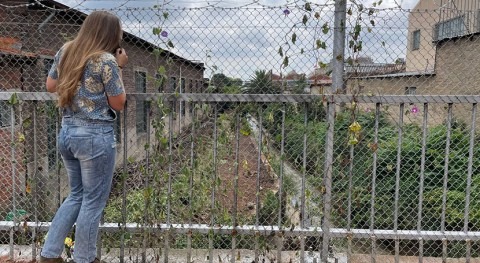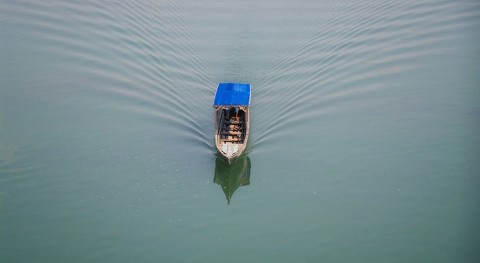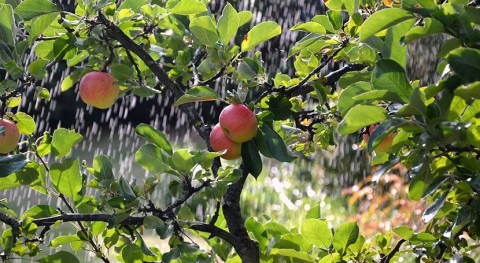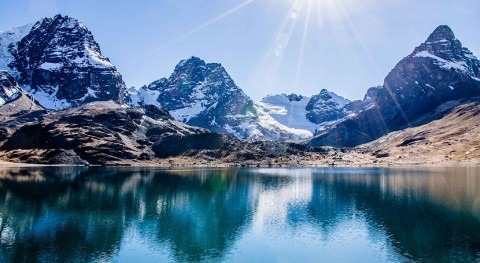Water scarcity is one factor driving millions of people from their homes each year but is often not the only reason why they move, researchers told an international conference on Tuesday.
In most cases, other economic and social problems like conflict, corruption or a lack of jobs contribute to the decision to leave, they said.
They warned against over-simplifying the links between water and migration, and said many of those who do move - at least partly because of water-related pressures such as floods, droughts and pollution - may not travel far.
"International migration is very expensive and very risky and it lies beyond the reach of many of the poorest people who are most vulnerable to water security and drought," said Guy Jobbins of the London-based Overseas Development Institute.
Those who suffer water-related shocks to their livelihoods - losing animals or crops - "are less likely to have the funds to start again in South Africa or France", he told an audience at World Water Week in Stockholm.
Conversely, there was some evidence to suggest that people who have better access to secure, affordable water are more likely to have enough financial resources to migrate, he added.
Although much is made of international migration, most movement related to water is inside countries, often from one rural place to another, said Sasha Koo-Oshima, deputy director of land and water at the U.N. Food and Agriculture Organization.
Three out of four of the world's poor live in rural areas and rely heavily on agricultural production, with food insecurity, water contamination and drought forcing people from their homes - especially the young, she added.
Efforts should be stepped up to prevent water scarcity and make it profitable for young people to stay on rural land, she said.
But if people do leave, "it is not necessarily a negative phenomenon", as humans have always moved in search of a better life, she added.
Refugee Scapegoats
Researchers also called for a more sophisticated analysis of how mass migration impacts on water supplies.
In Jordan - the world's second most water-scarce country, according to Hussam Hussein, a Middle East water researcher at Germany's University of Kassel - a large influx of refugees from Syria, after civil war broke out there in 2011, led to tensions with their host communities, especially in cities.
Jordan hosts about 750,000 Syrians, the vast majority in urban areas, according to the U.N. refugee agency (UNHCR). But contrary to public discourse, their presence is not the main cause of the country's water shortages, said Hussein.
"When we look at the numbers, the impact of refugees is not as important as unsustainable use (of water) in the agricultural sector," he said.
Mismanagement of water resources, leaks, illegal wells and intensive farming made up the majority of water losses in parched Jordan, he added.
In war-torn Syria, water scarcity and climate-related events such as drought had been a "trigger" for the conflict but not a primary cause, said Fatine Ezbakhe of the Mediterranean Youth for Water Network.
Instead a lack of water amplified political instability and poverty that fuelled migration and unrest, she added.
Now improvements to water supplies could be used to persuade people to return home, she told the Thomson Reuters Foundation.
"If we actually invest in water, we could... try to make people go back and restart (in) the rural areas they left in the first place," she said.


